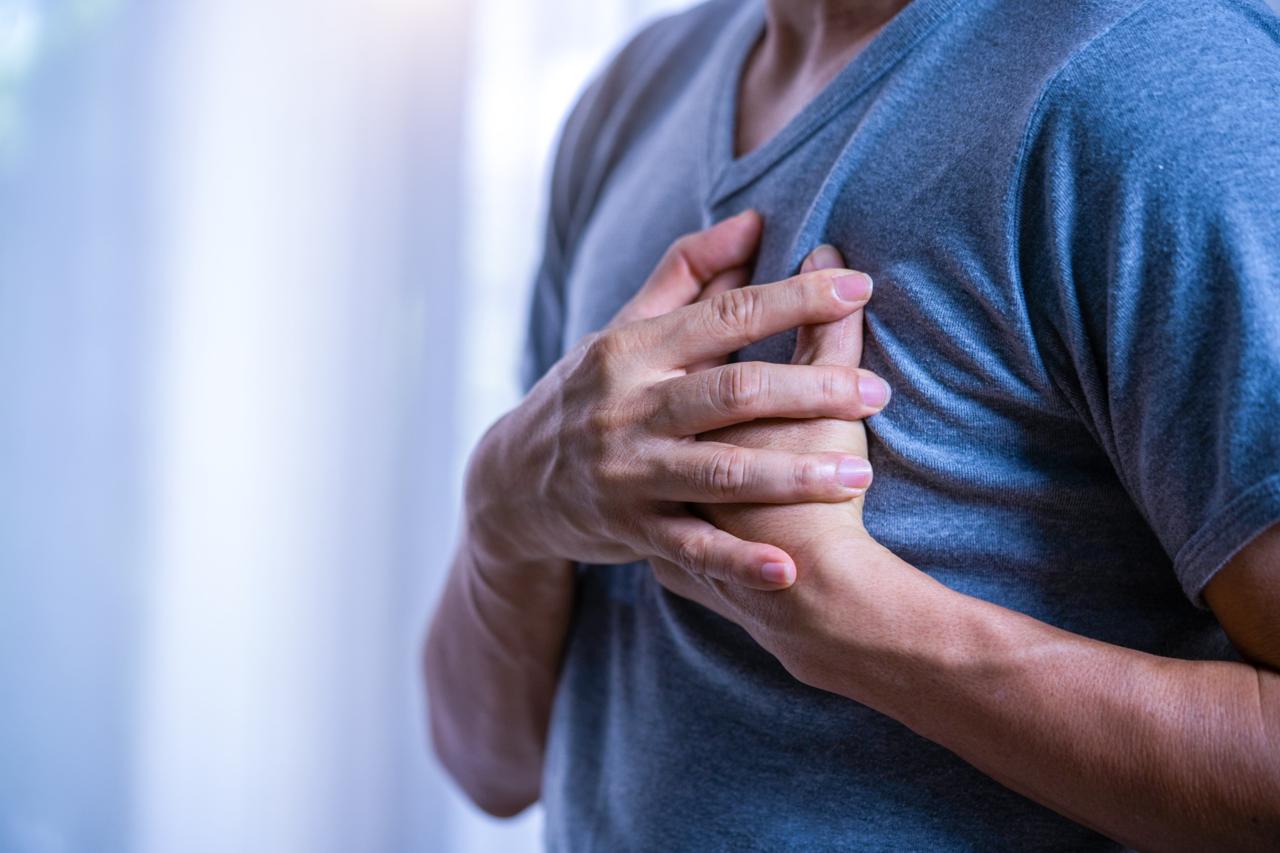How Long Does a Heart Attack Last?

How Long Does a Heart Attack Last?
A heart attack is a life-threatening event and a medical emergency. Knowing the signs and understanding what to do if you or someone you’re with is having a cardiac event can save a life.
This article provides information on heart attacks, including their duration.
What Happens in a Heart Attack?
Also called a myocardial infarction, a heart attack happens when blood flow to the heart is blocked. The heart muscle needs an uninterrupted supply of blood to function correctly. When a coronary artery, which supplies blood to the heart, becomes blocked, the part of the heart muscle fed by that artery begins to die.
The most common cause of a blockage is a buildup of plaque, a substance made of fat, cholesterol and other materials. When plaque breaks free from where it has accumulated on the walls of a blood vessel, a blood clot can form, blocking a coronary artery.
What Is the Duration of a Typical Heart Attack?
The duration of a heart attack can vary. Some can be sudden and intense. Others start slowly, with mild pain or discomfort. The length of the attack often depends on the severity of the blockage.
Mild heart attacks may only last for a few minutes. More severe attacks can last for 20 minutes or longer.
It’s essential to remember that even if the pain subsides, damage to the heart muscle can still be occurring. The longer the artery is blocked, the more damage is done, so fast medical intervention is critical.
Heart Attack Symptoms
- Chest discomfort
- Upper body pain
- Shortness of breath
- Cold sweat
- Feeling tired
- Dizzy or lightheaded
- Nausea
The sensation in the chest can feel like pressure, squeezing, fullness or pain. It can persist throughout the event or subside and return. Discomfort in other areas of the upper body can include pain in one or both arms, the back, neck, jaw or stomach.
Women often have different heart attack symptoms from men. They tend to experience nausea, back or jaw pain and shortness of breath.
What To Do if You Have Heart Attack Symptoms
If you or someone with you is experiencing the symptoms of a heart attack, call 911 immediately. You should not try to transport yourself or another person to the hospital.
Emergency medical services personnel can administer medication to halt the heart attack. They also have training in how to revive someone whose heart has stopped. Additionally, patients who arrive by ambulance often receive faster treatment at the hospital.
Get Emergency Care for a Heart Attack at Baptist Health
At Baptist Health, we offer personalized heart care services. For heart attack patients, our treatment focuses on restoring blood flow to the heart as quickly as possible to minimize damage from the event. This may include medications to break up blood clots and procedures like angioplasty, where a small balloon is used to open the blocked artery. For more severe blockages, coronary artery bypass surgery may be necessary.
After a heart attack, we provide personalized rehabilitation and follow-up care to help patients recover and reduce their risk of future heart problems. This may include lifestyle changes, such as adopting a heart-healthy diet, engaging in regular exercise and taking medications to manage blood pressure and cholesterol levels.
To learn more about heart care at Baptist Health, please take our Health Risk Assessment or find a Baptist Health provider using our online provider directory.
Next Steps and Useful Resources
Learn more about Heart Care
Can You Stop a Heart Attack?
Can You Strengthen Your Heart?
Female Heart Attack Symptoms



